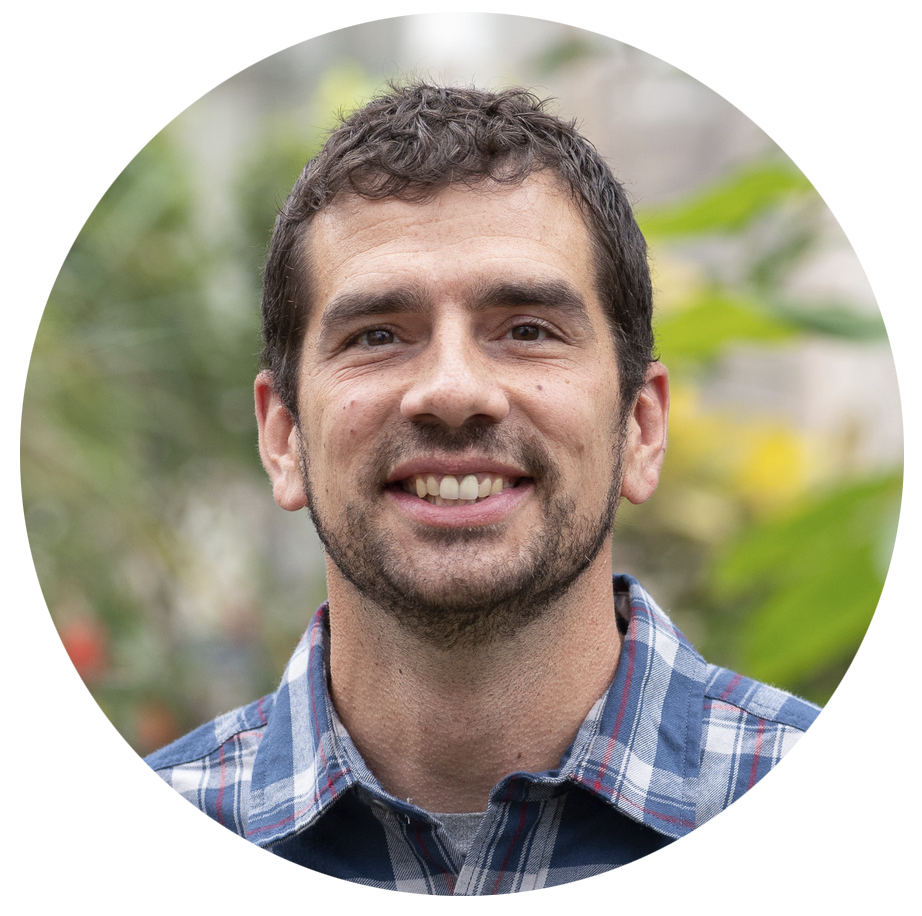
Joshua Faulkner, PhD
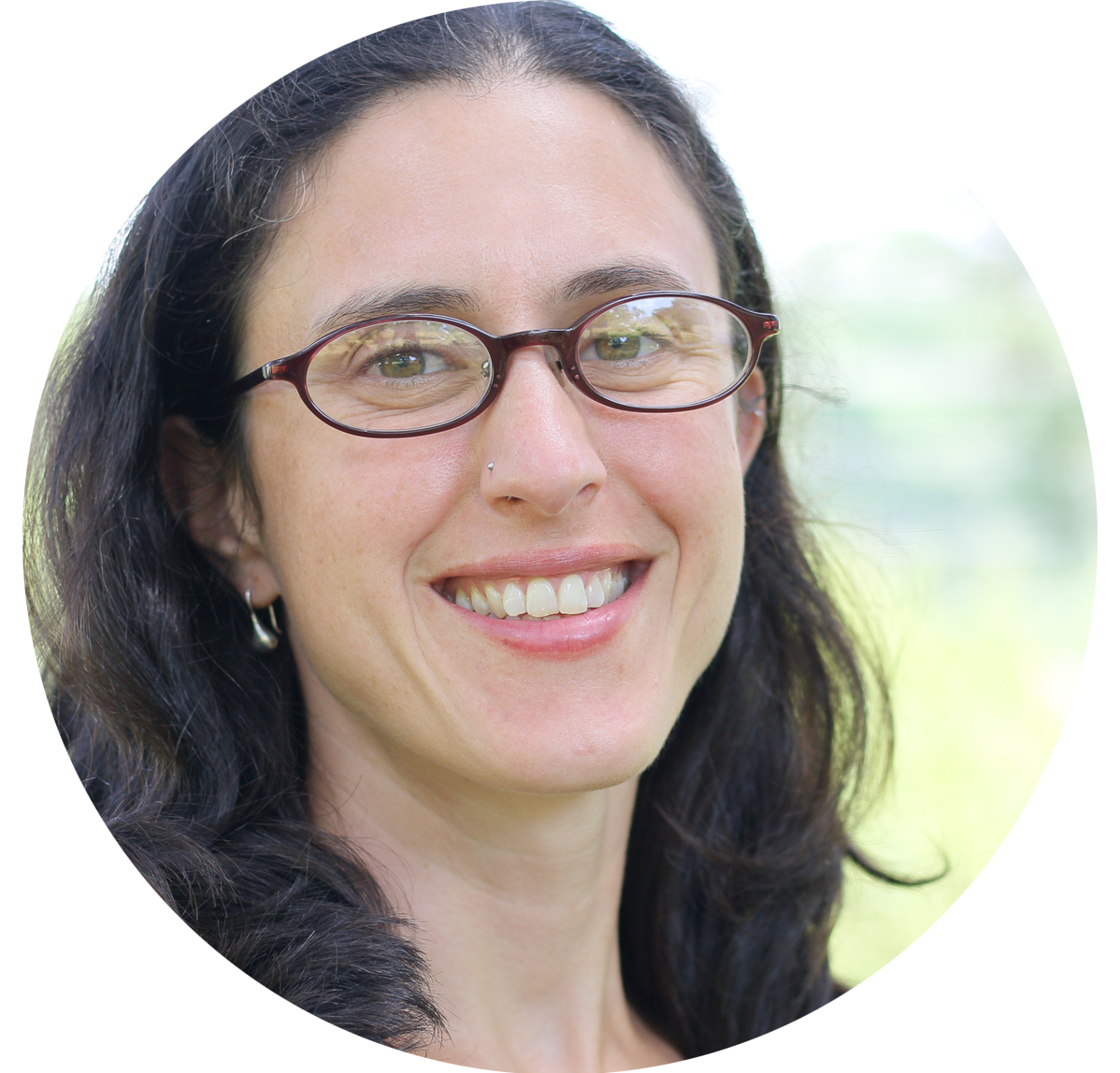
Rachel E. Schattman, PhD
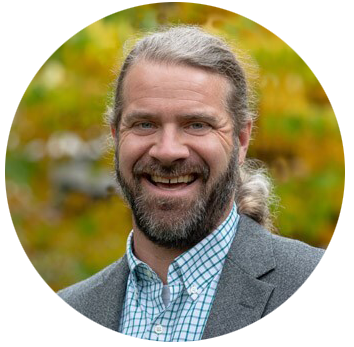
Terence Bradshaw, PhD
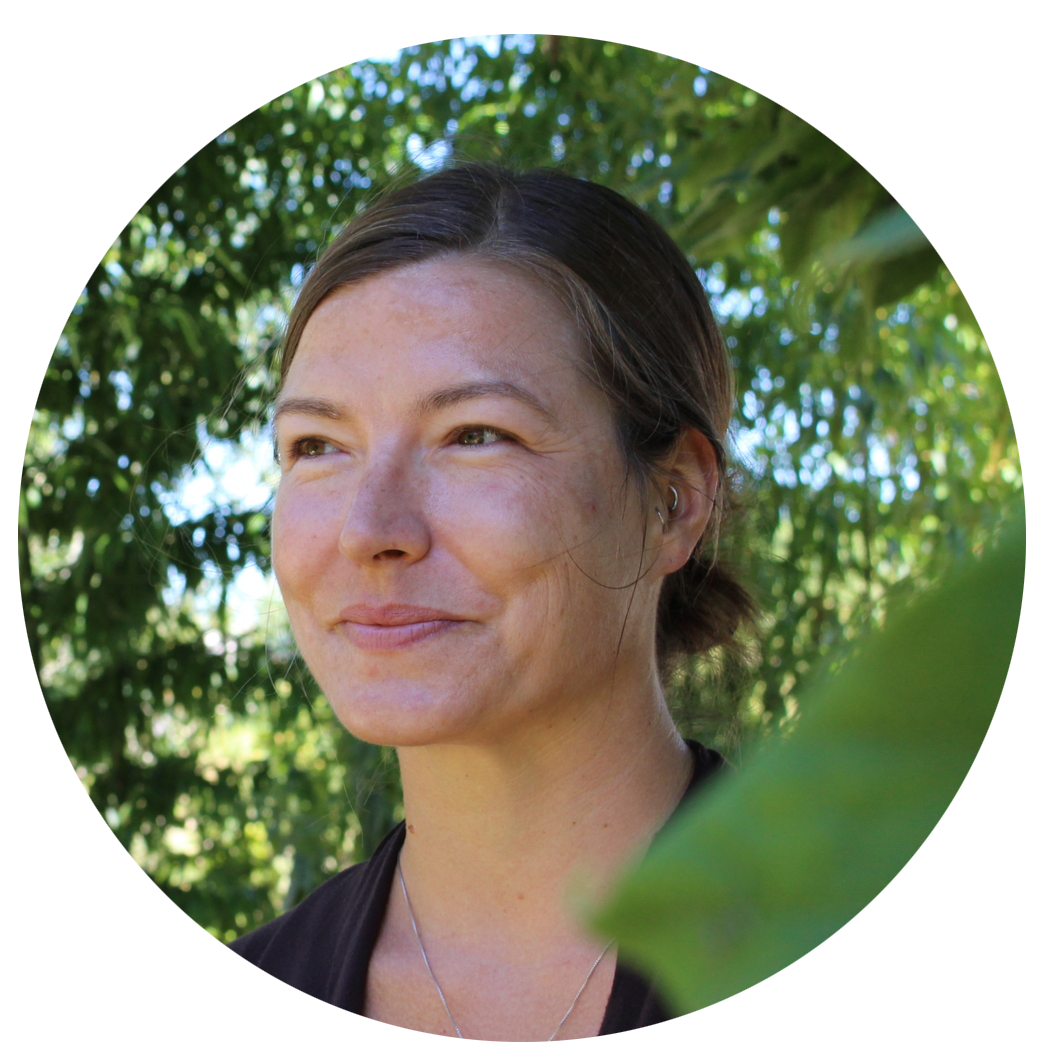
Amy Garrett
Amy Garrett has been working with Oregon State University (OSU) Extension Small Farms Program in the Southern Willamette Valley of Oregon since 2011. She has 23 years of experience in the horticulture industry ranging from landscape design, installation and maintenance to organic farming, research, and education. Drought mitigation tools and strategies for growing with little or no irrigation have become a focus in her work. The OSU Dry Farming Project she is leading has expanded over the past several years, from case studies and demonstrations to a multifaceted participatory research project with more than 30 trial hosts in the Dry Farming Collaborative in 2019
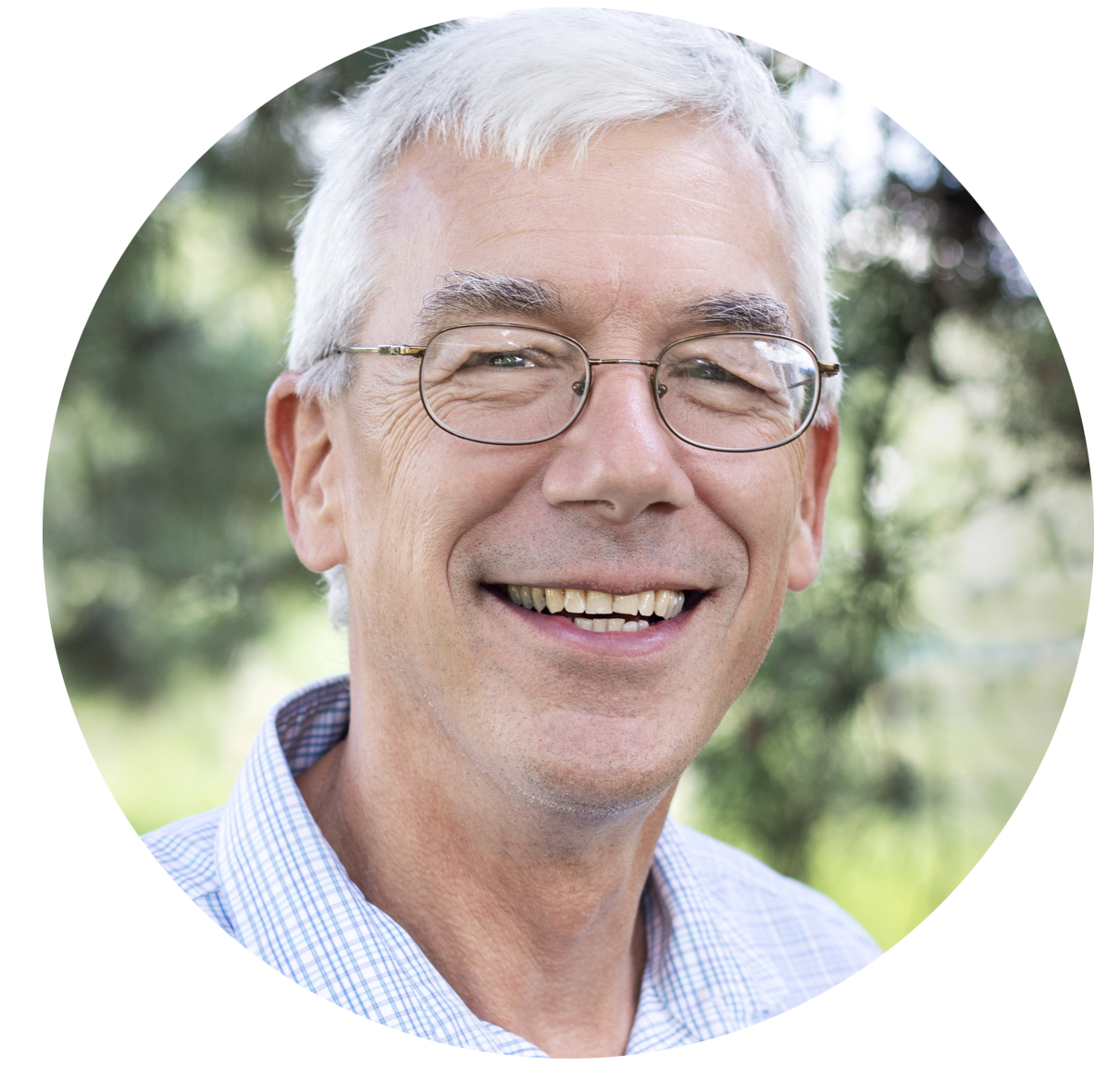
Dr. David Hollinger
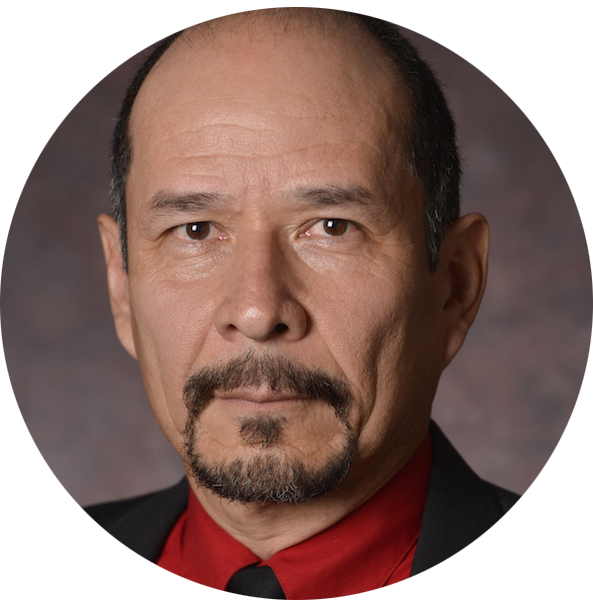
Dr. Raul I. Cabrera
Raul has a BS in Horticulture from Universidad Agraria “Antonio Narro” (Saltillo, Mexico), and a MS in Plant Physiology and PhD in Plant Biology from the University of California at Davis. He has worked as Assistant Professor and Extension Specialist in Nursery Crops Management at Rutgers University (1994-1999), then as Associate Professor of Ornamental Horticulture with Texas A&M University, and 4 years ago he returned to his old position in Nursery Crop Production at Rutgers University, where he is serving as Associate Professor and Extension Specialist. His areas of expertise and interest in research and extension focus on the applied physiology and management of ornamental crops and plants (floriculture, nursery and landscape), particularly in the topics of nutrition/fertilization) and water/irrigation management.
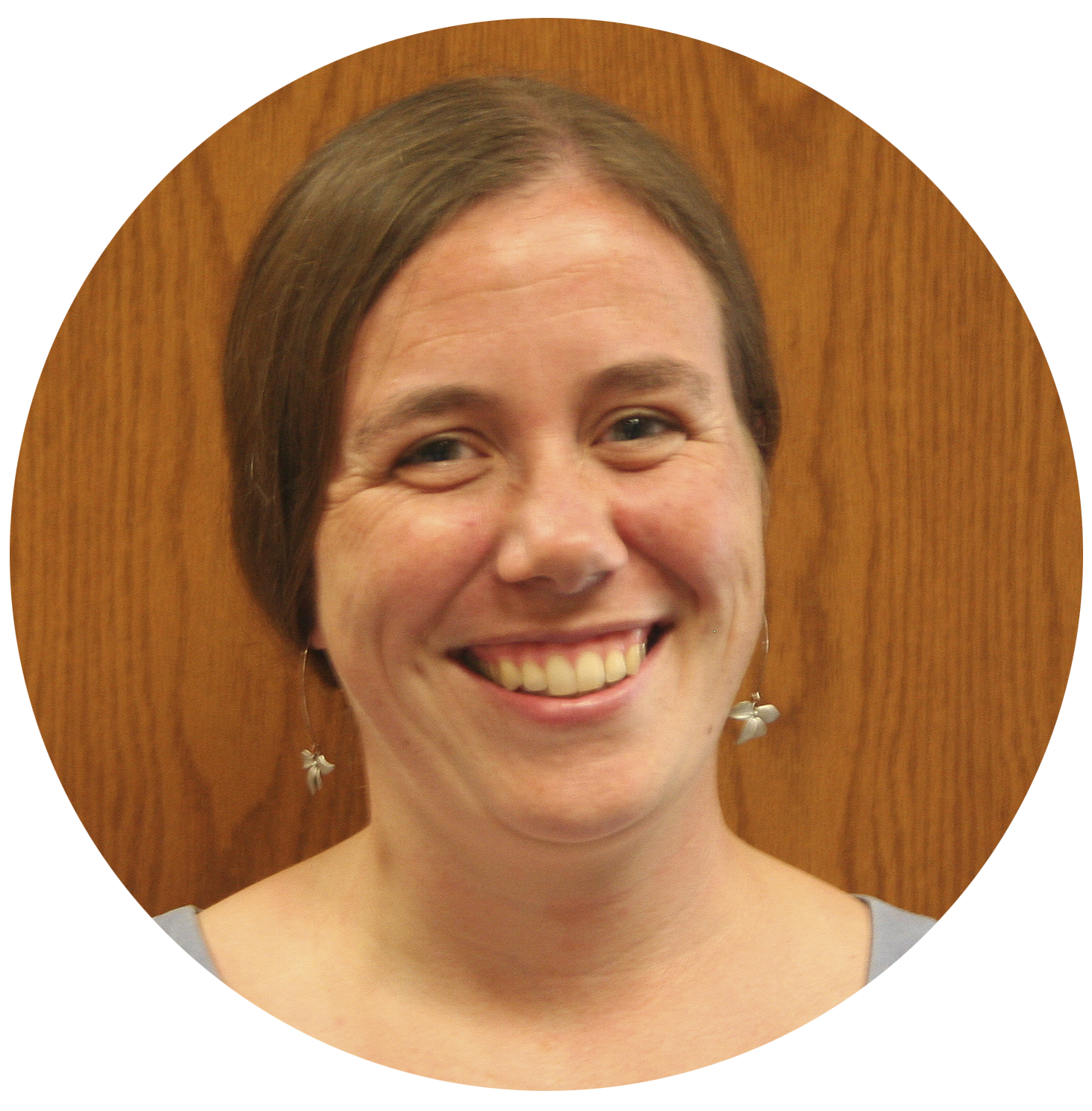
Kate McFarland
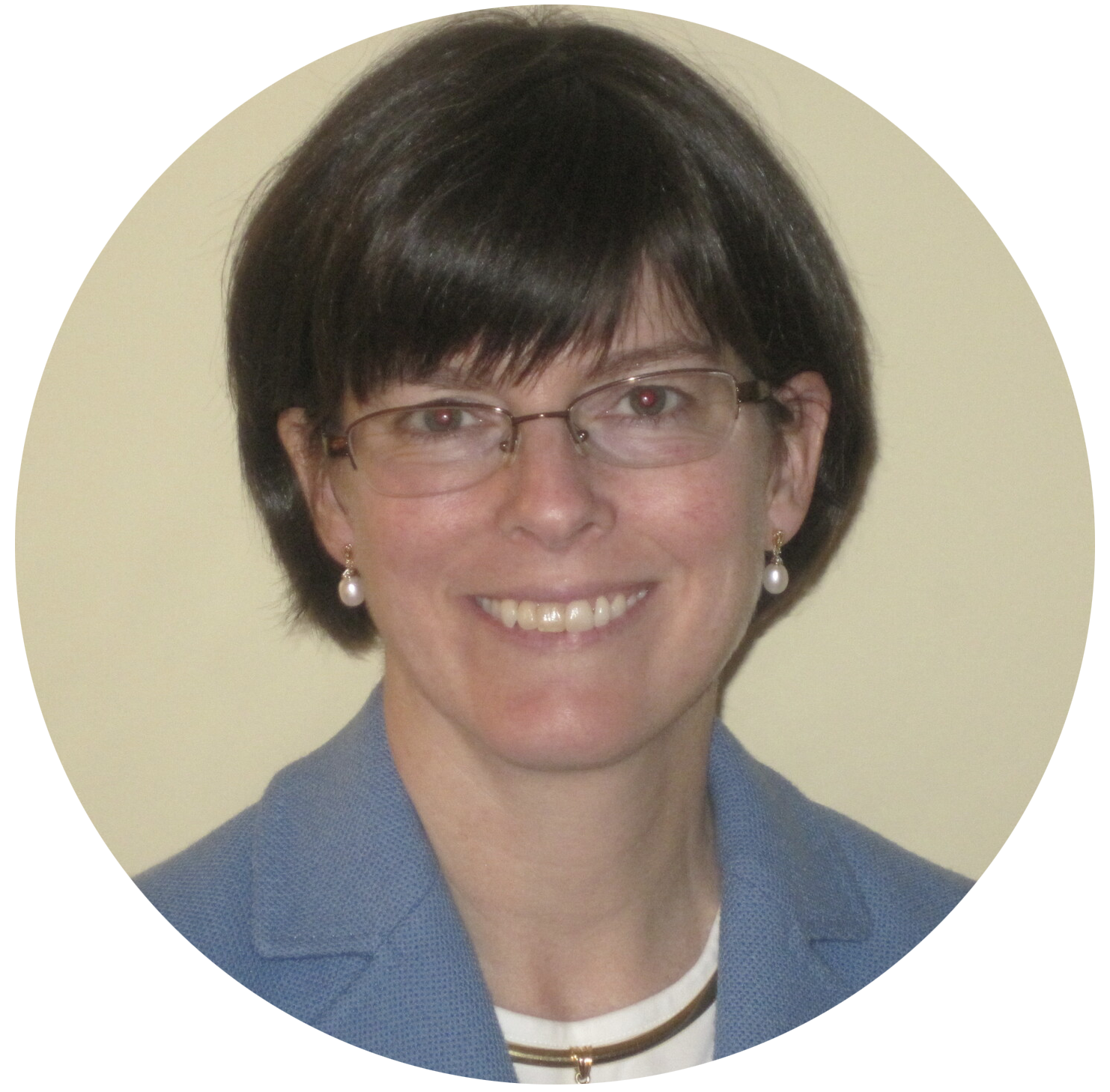
Ellen Mecray
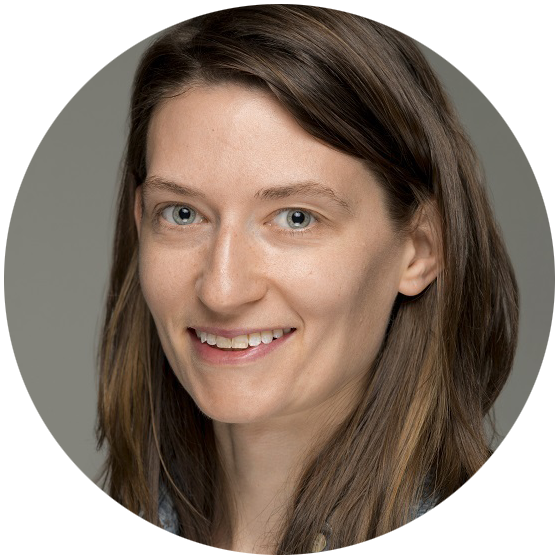
Dr. Lily Calderwood
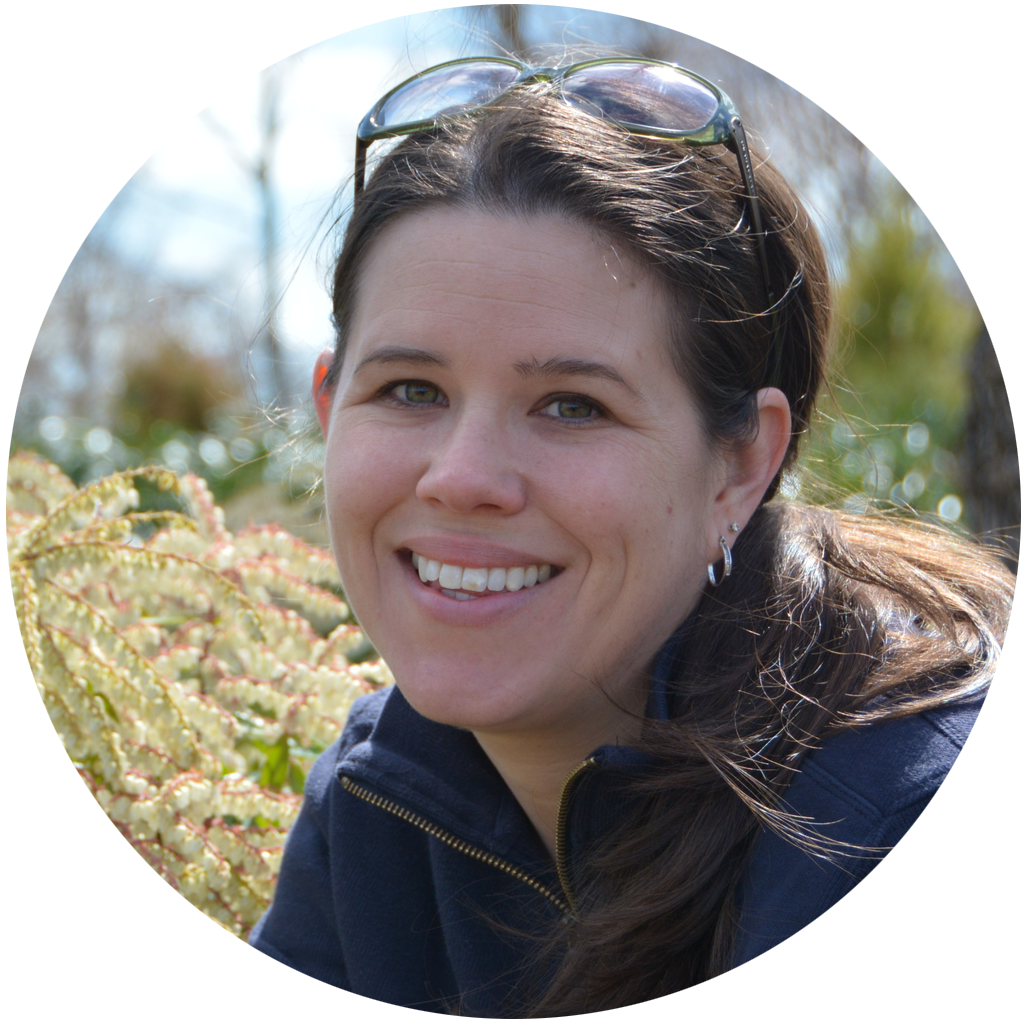
Dr. Mandy Bayer
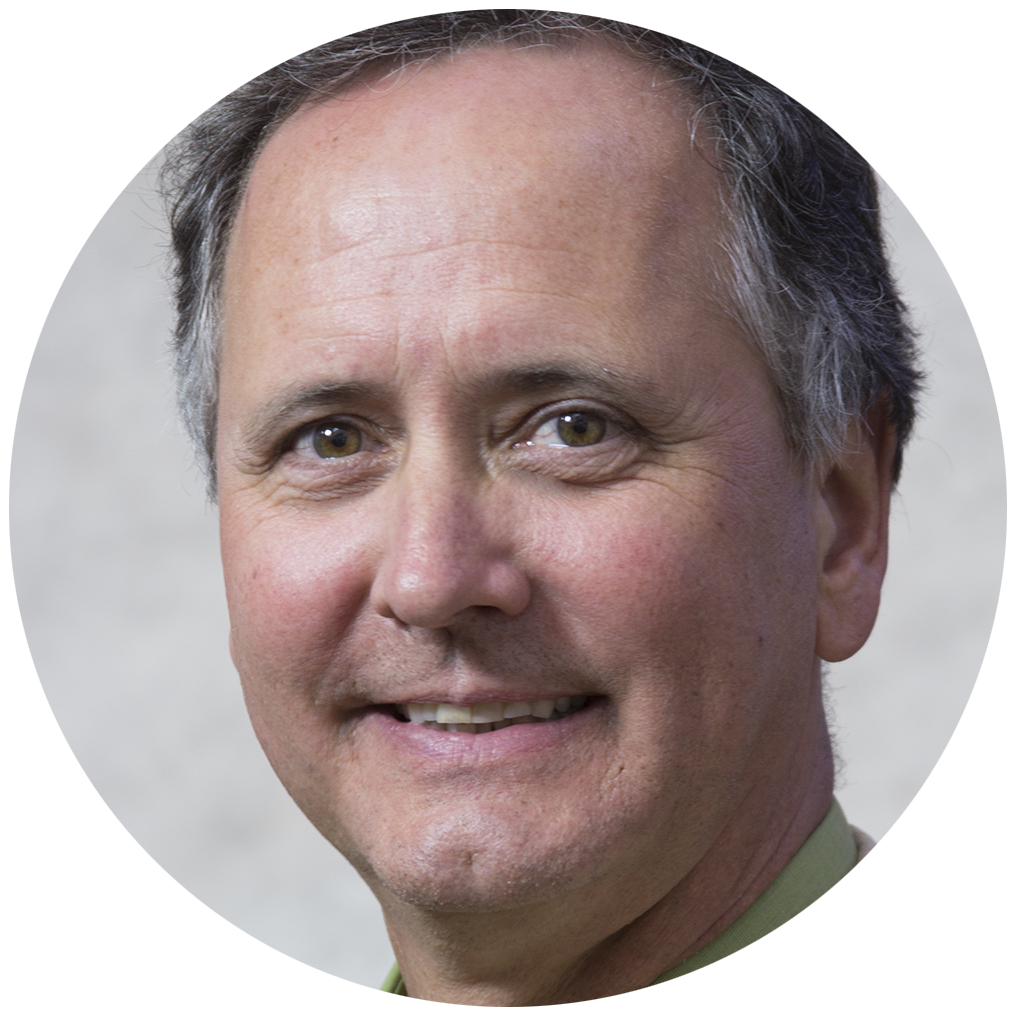
Dr. Doug Parker
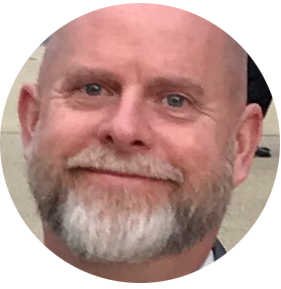
Nate Nourse
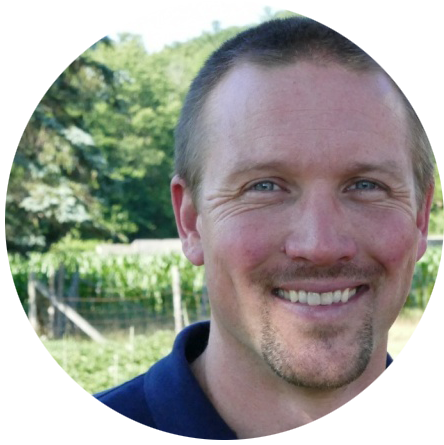
Jeremy DeLisle
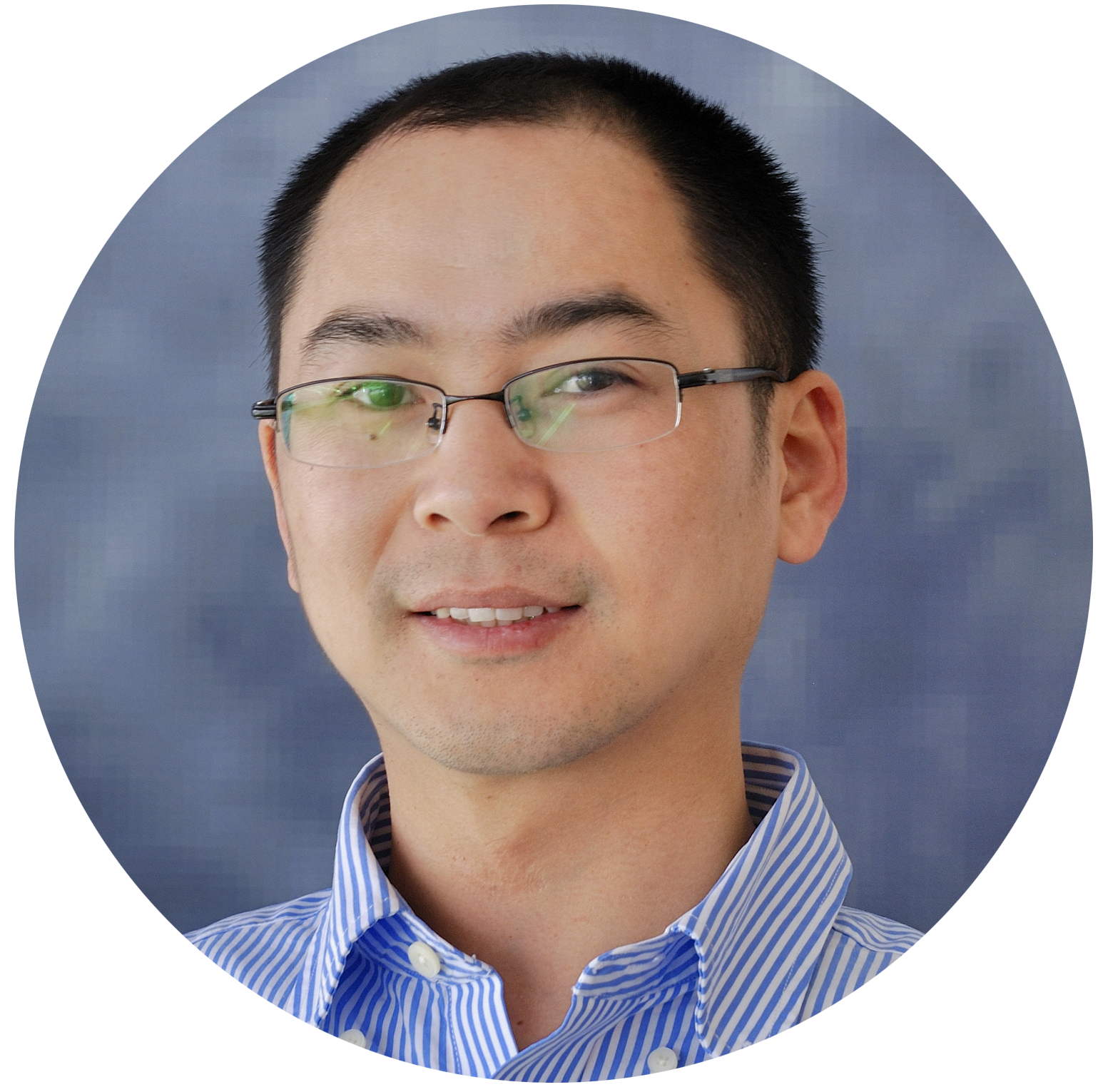
Dr. Long He
Dr. Long He is an assistant professor and extension specialist at Fruit Research and Extension Center, Pennsylvania State University. He has about 10 years of experience on agricultural mechanization and automation for specialty crop production. He received his PhD degree in Mechatronics Engineering at Yanshan University in China. His current research interests are on agricultural automation and precision agriculture, and has been working on a variety of related projects, including robotic hop twining, mechanical apple and cherry harvesting, robotic apple bin handling during harvesting; robotic fruit tree branch pruning, precision irrigation for specialty crops, and mechanical mushroom harvesting.
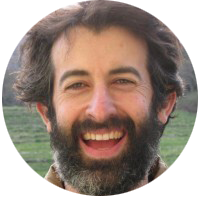
Ben Waterman
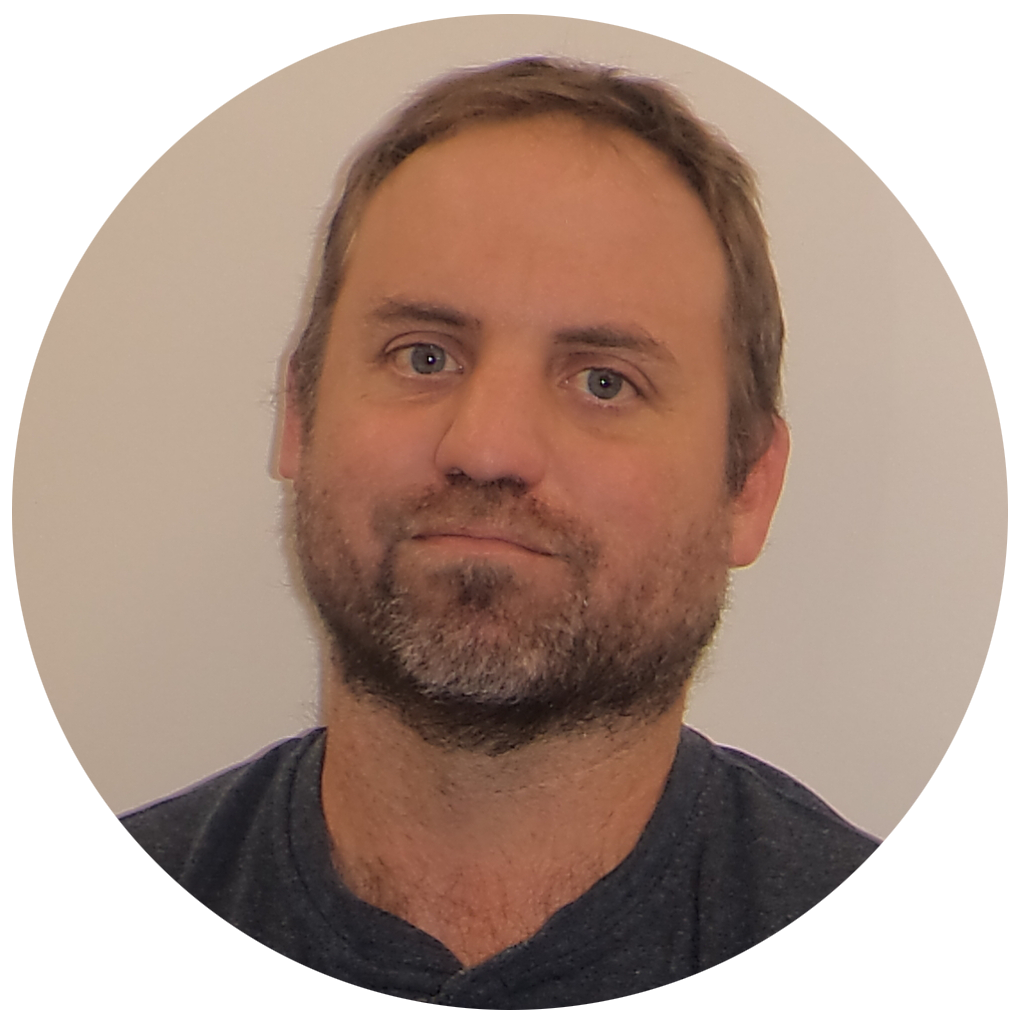
Les Wright
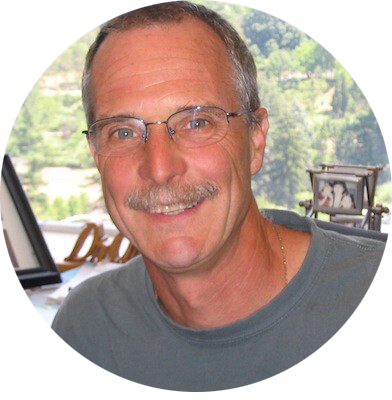
Art DeGaetano
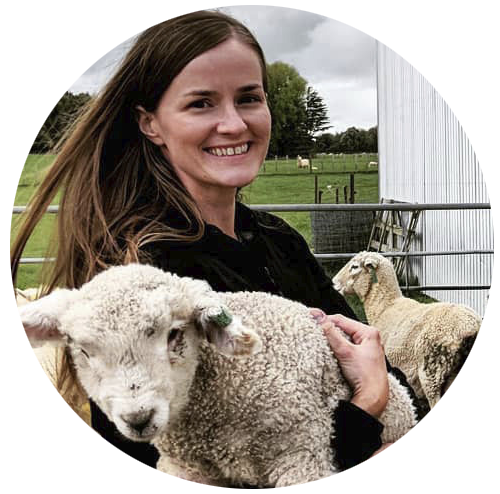
Meredith Niles
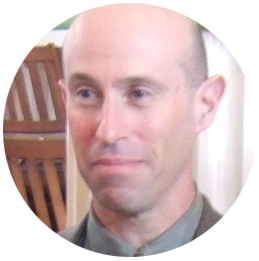
Joe Ayotte
Joe Ayotte is a supervisory hydrologist with the U.S. Geological Survey New England Water Science Center and Chief of the Groundwater Quality Assessment Section in New England, where he oversees multidisciplinary studies involving groundwater quality. Most recently, he has worked on national and regional studies of trace elements (primarily arsenic) in groundwater and has worked closely with the National Institutes of Health, National Cancer Institute and the Centersfor Disease Control and Prevention on arsenic in drinking water supplies. He received his B.S. in Hydrology from the University of New Hampshire. He joined the USGS in 1987 and has been involved in many studies of groundwater and surface water resources in New England and the U.S.
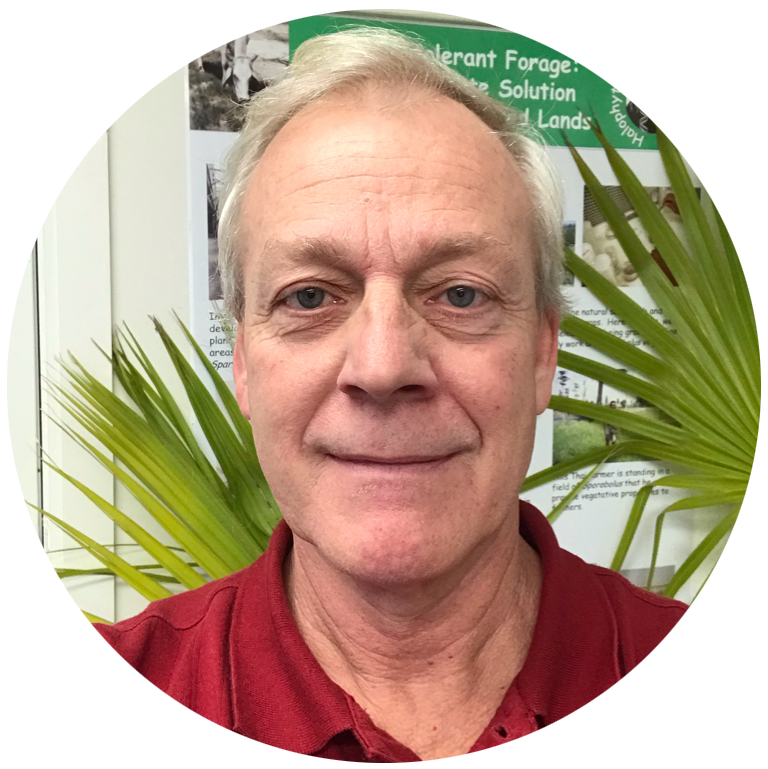
Chris Miller
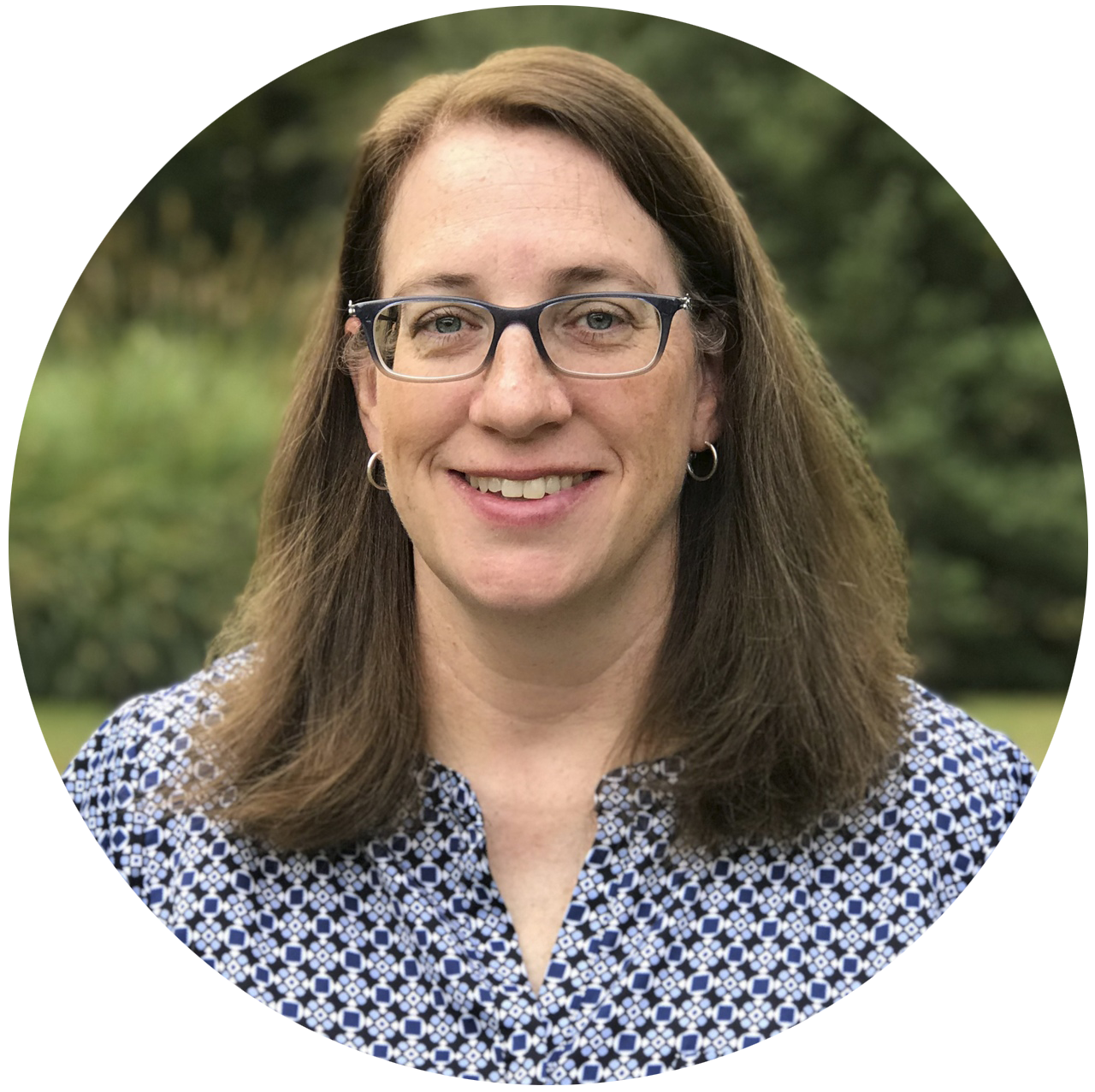
Cheryl Dieter
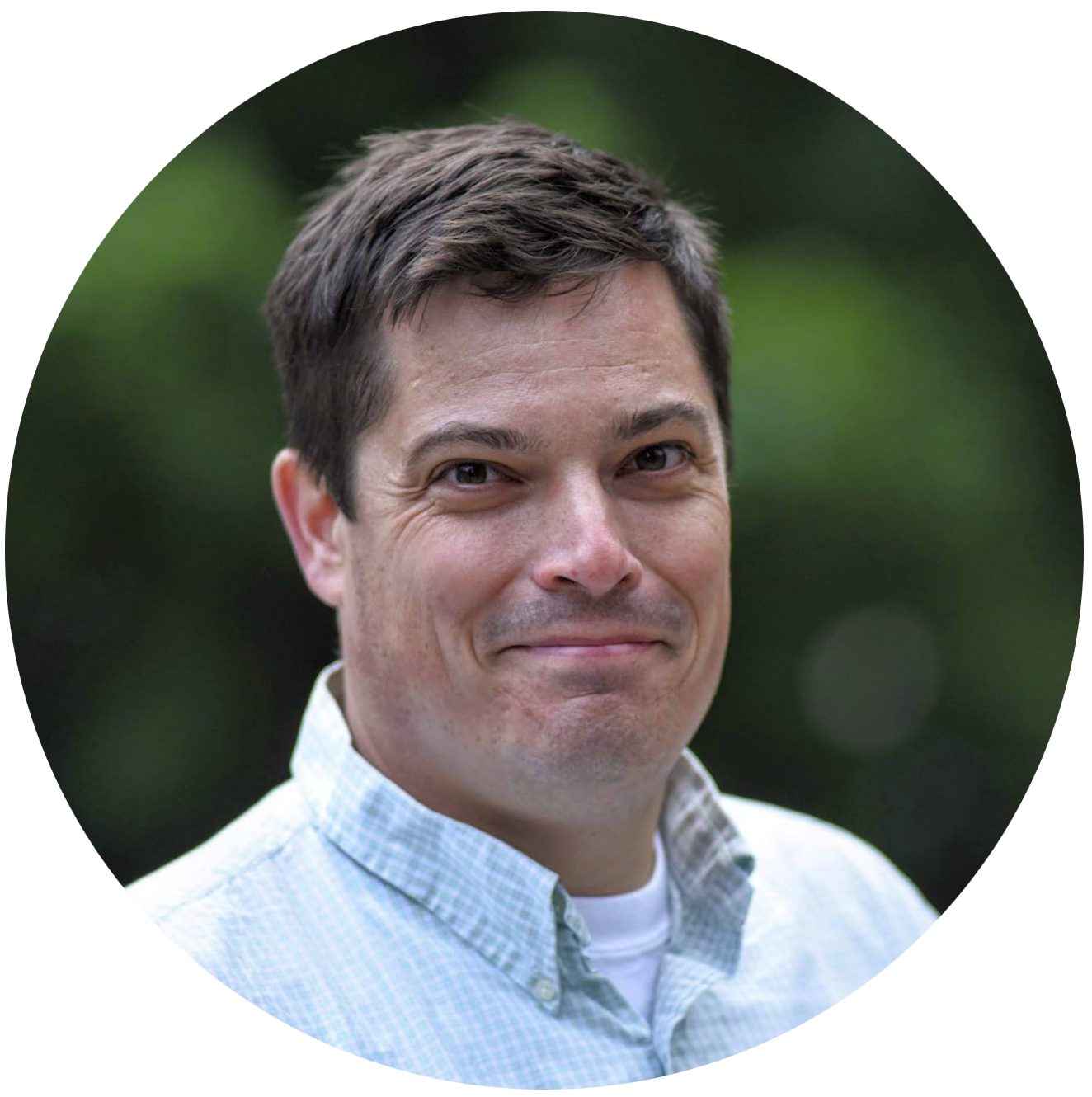
Chris Callahan
Chris Callahan is the Associate Extension Professor of Agricultural Engineering at the University of Vermont. His work focuses on the application of the engineering practice to food systems. Specific engagement is with food producers, processors, and distributors to improve efficiency, quality, safety, and cost control through the integration of technology, systems integration, and process controls. Research and educational programming includes covered growing systems (e.g. greenhouses, high-tunnels), postharvest practices and storage (e.g. water management, environmental control, drying systems, humidification systems, refrigeration systems), energy use inthe food system (e.g. farm-based biofuels, renewable energy systems, energy efficiency measures), and development of specialized harvest and postharvest equipment (e.g. hops harvesting, hops drying, meat curing). This work has led to a number of technical innovations that are either in application for patent or have been made available as open-source for public adoption.
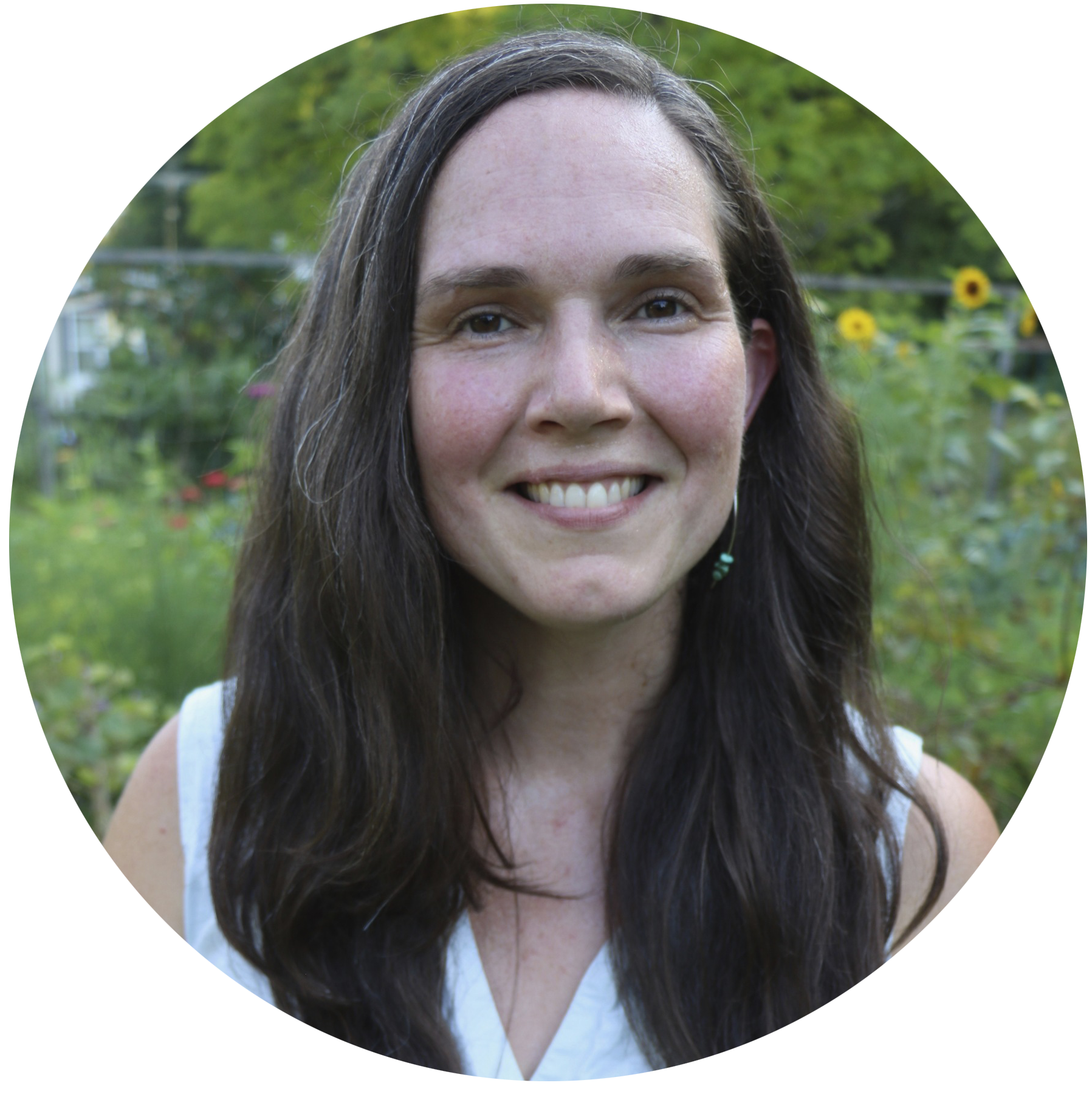
Alissa White
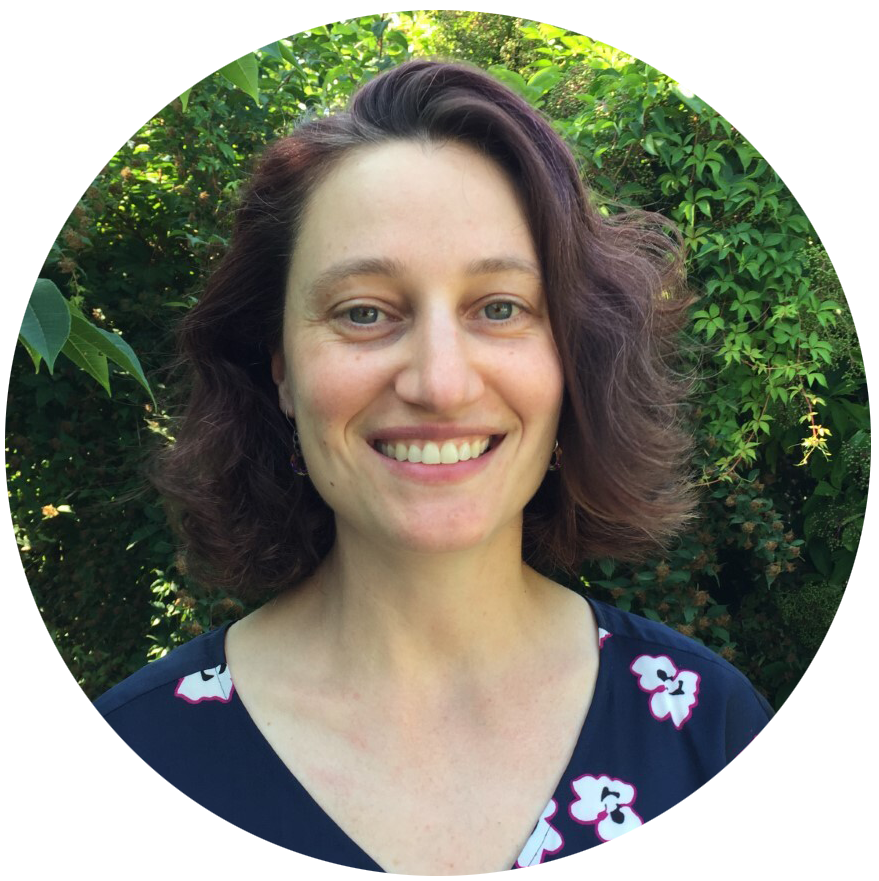
Mina Vescera
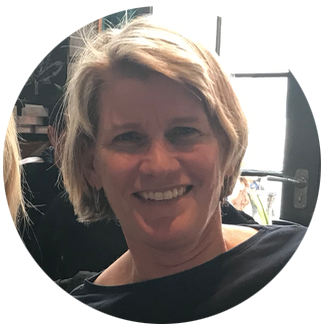
Suzy Hodgson
Based at UVM’s Center for Sustainable Agriculture, Suzy Hodgson undertakes research and outreach, writing farmer profiles, developing videos, feasibility studies, and economic case studies on farming practices as part UVM Extension’s New Farming Network, Women in Agriculture Network and the Farming & Climate Change program. Prior to UVM, she launched a mission-driven on-line business to support local food with 100+ farmers and 3000+ households. From 1992 to 2008, she worked in the UK as principal consultant with Carbon Clear, Ltd. measuring and managing carbon footprints and researching ghg protocols for carbon calculators and as program director, Center for Environmental Strategy, University of Surrey, she designed, developed and managed the University’s first cross-departmental cross-disciplinary MSc in Environmental Strategy.
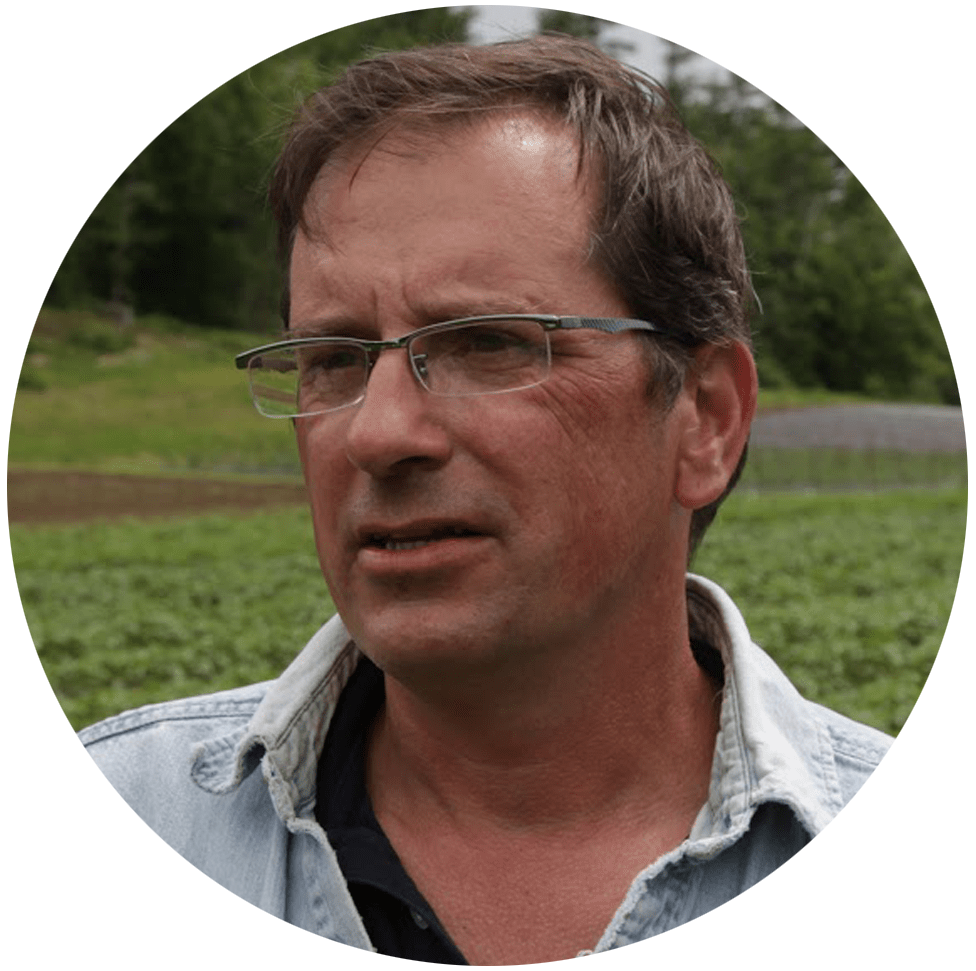
Roger Noonan
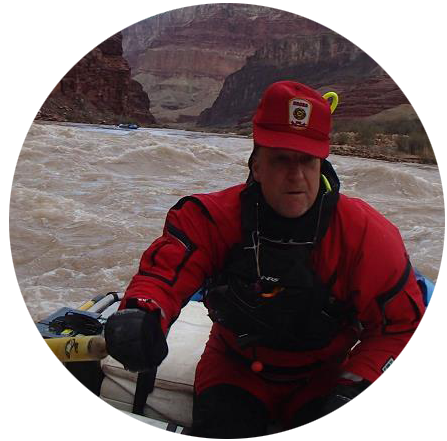
Glen Koehler
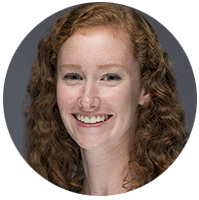
Dr. Alicyn Smart
Dr. Alicyn Smart is an Assistant Extension Professor and Director of the Plant Disease Diagnostic Laboratory at the University of Maine. Alicyn addresses 1,000 inquiries that come through the lab each year pertaining to plant diseases. Her research is on Verticillium wilt on strawberries and potatoes. She is specifically looking at improving disease identification and distribution across Maine. She is also performing research comparing biological fumigant to synthetic fumigants management in potato production.
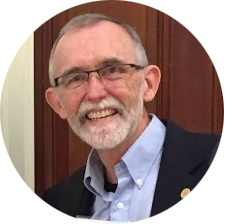
Harry Schomberg
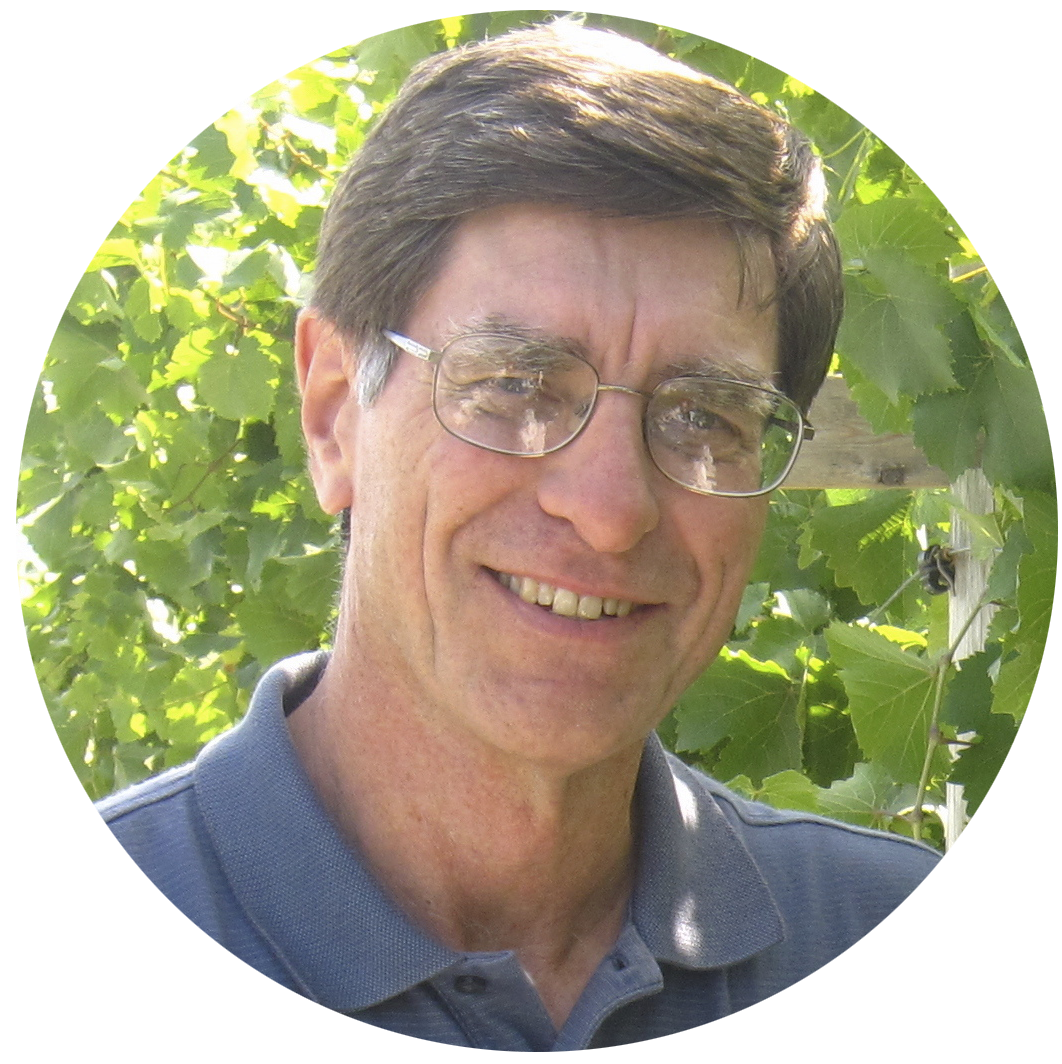
Dr. Alan Lakso
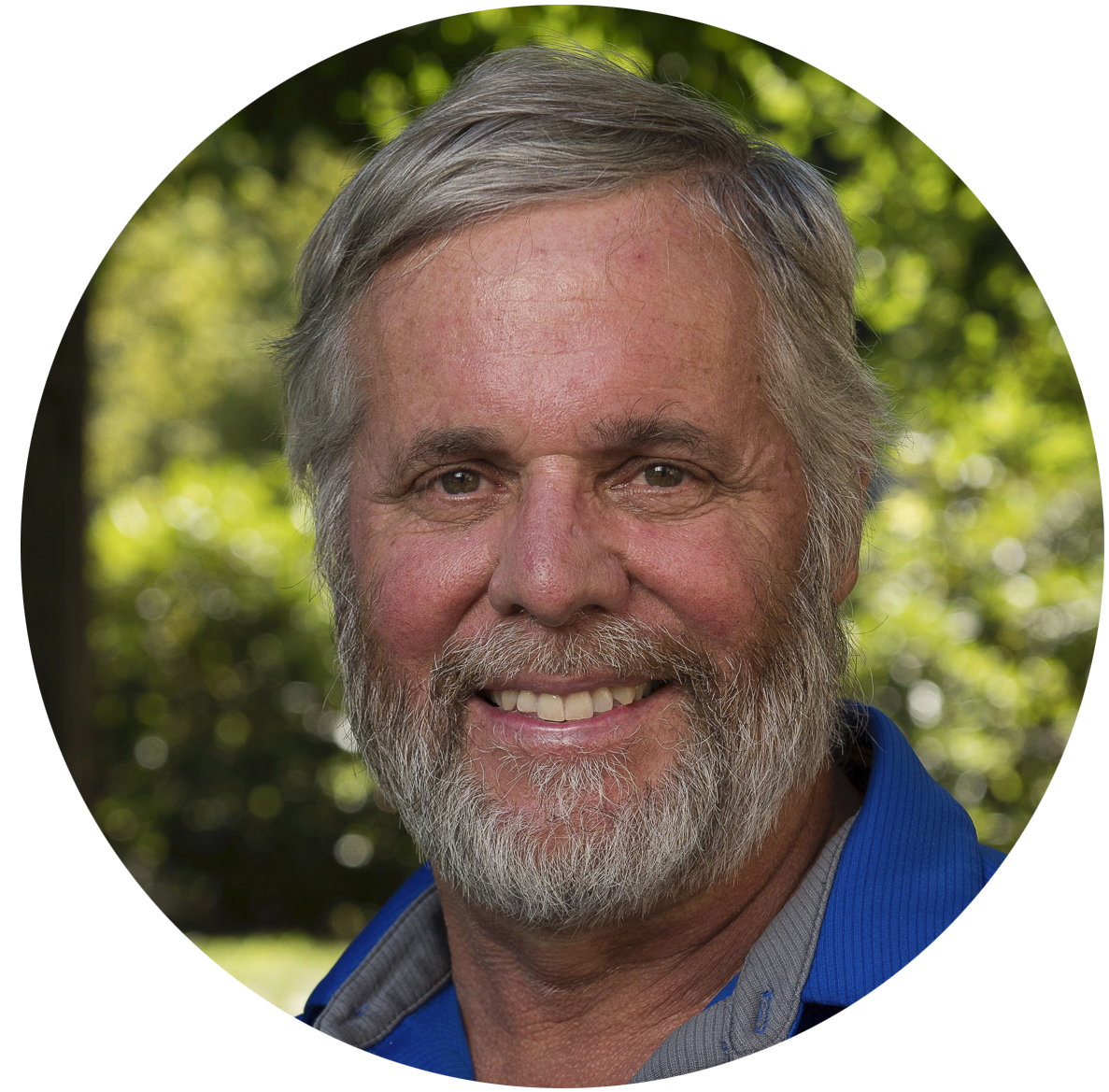
Jon Clements
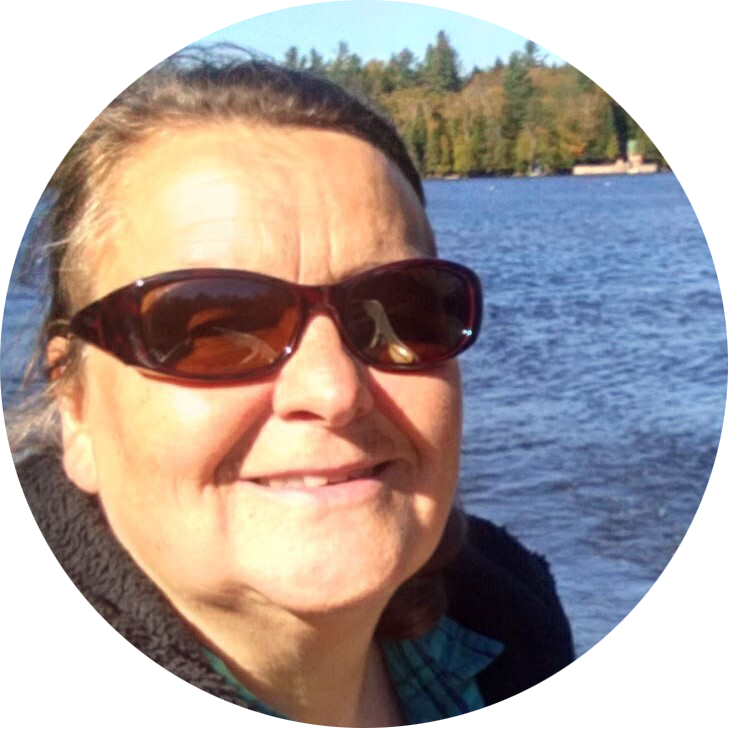
Lynn Knight
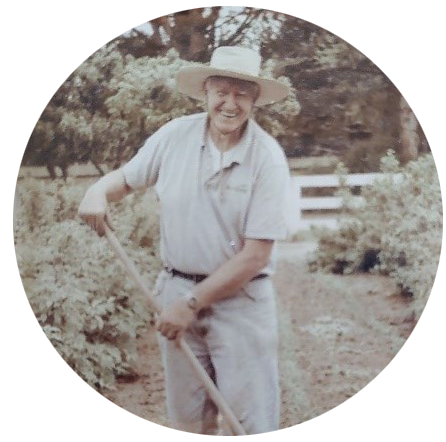
Scott Anderson
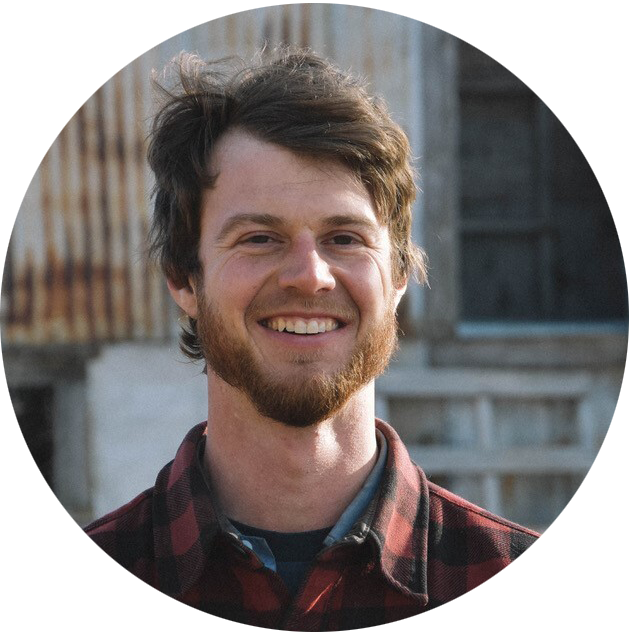
Silas Branson
Silas Branson is a manager at Intervale Community Farm, where he has worked since 2010. One of his key responsibilities is helping to coordinate and balance the flow of irrigation with tractor work, cultivation, planting, etc. Intervale Community Farm is a 50-acre diversified organic vegetable farm in Burlington, VT. The farm focuses on distribution to on-farm CSA shares, which are offered throughout the year.